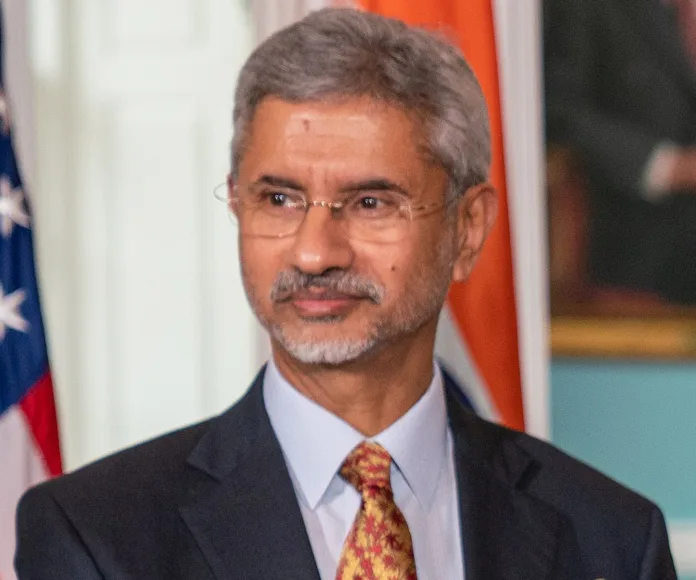India’s External Affairs Minister suggests US will continue a trend towards cautious global engagement, citing long term policy shifts
India’s Minister of External Affairs, S. Jaishankar, has predicted that the United States will become increasingly isolationist, regardless of who wins the ongoing presidential election. Speaking at an event in Canberra on Wednesday, Jaishankar observed that the election outcome is unlikely to reverse a long-term shift in US foreign policy that has been evident for nearly a decade.
Jaishankar referred to a shift that began during the presidency of Barack Obama, noting the US’s growing reluctance to engage in global military interventions and its eventual withdrawal from Afghanistan under President Joe Biden. He explained that this trend towards caution in foreign policy was not solely a result of individual administrations but was part of a broader, more sustained change in the US’s approach to global commitments.
“The US has become much more cautious about its global commitments,” Jaishankar said, adding that the country’s hesitancy to deploy troops overseas marked a significant shift. He also noted that former President Donald Trump had been notably vocal about these tendencies, although Jaishankar emphasised that it was essential to view the US’s stance more as a national evolution, rather than one shaped by any single administration’s ideology.
Embed from Getty ImagesJaishankar’s comments came amid a panel discussion that also included the foreign ministers of Australia and New Zealand, all of whom echoed his views on global cooperation in the face of rising protectionism and changing dynamics in international relations.
“If we are truly analysing them, I think we have to prepare for a world where actually the kind of dominance and generosity which the US had in the early days may not continue,” Jaishankar warned, stressing the importance of nations working together to shape the future global environment.
Despite these concerns, Jaishankar remained optimistic about India’s future relationship with the US, stating that it would only strengthen in the coming years. His comments come as India continues to forge deeper ties with the US, both diplomatically and economically.
New Zealand’s Foreign Minister Winston Peters also spoke on the shifting global landscape, noting that the world once envisioned was rapidly changing. “There is more protectionism,” Peters remarked, echoing Jaishankar’s sentiment that nations must adapt to these new realities. “The world we were once trying to build on is changing, and we’ll have to react and change with it,” he added.
The panel discussion underscored a shared recognition among the ministers that the global environment is evolving and that nations must collaborate to ensure stability and growth in a time of increasing geopolitical uncertainty.
As the US election draws to a close, Jaishankar’s comments signal a broader reflection on the changing role of global powers, particularly the US, in shaping the future of international relations.
